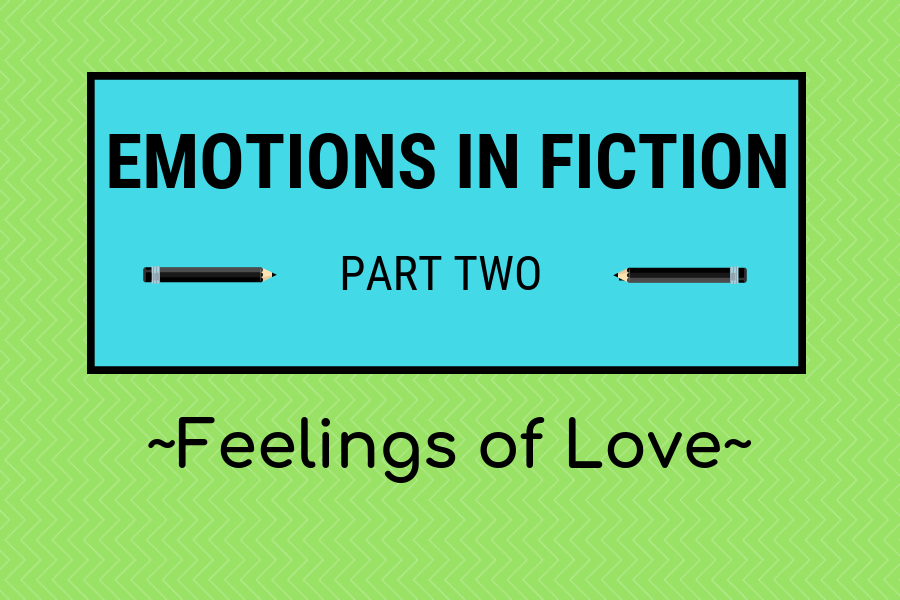Heart racing. Eyes drinking the beauty of the One. An intake of breath. Unmitigated joy spurred by the nearness of the One.
We need romantic emotions when considering commitment and marriage. Passionate feelings are part of God’s plan.
Unfortunately, like all things good, these emotions can be misused and abused, so one selfish person can take advantage of another. Misuse is why some pastors and other Christians discourage readers from the genre. And if reading romance novels causes you to feel unhappy with your relationship, then they may not be right for you.
But most readers find romance novels uplifting, entertaining, and helpful when authors approach the relationship from a Christian worldview. Why? Because Christian romance delves beyond and beneath fluttering emotions to profound connection, a bond that will sustain a couple through decades.
The need for a real bond is one reason why whirlwind courtships aren’t a Christian romance staple. Nor do Christian authors spill a lot of ink focusing on the couple’s physical attributes. Yes, you are reading about an attractive couple falling in love; and you’ll experience their loving emotions along with them. But you are also witnessing them from an abiding commitment tapping so far into the heart that breaking it is impossible. By the end of a Christian romance novel, the reader knows the couple is on solid ground to pursue the promise of a lifetime.
If you’re writing romance novels, be sure to tap into that deep well of emotion. Make sure your readers know your couple is destined for Happily Ever After.
Happy Valentines’ Day!
Your turn:
What is the best romance novel you’ve ever read? Why?
Who is your favorite romance novelist? Why?
If you write romance, what tips can you offer?











